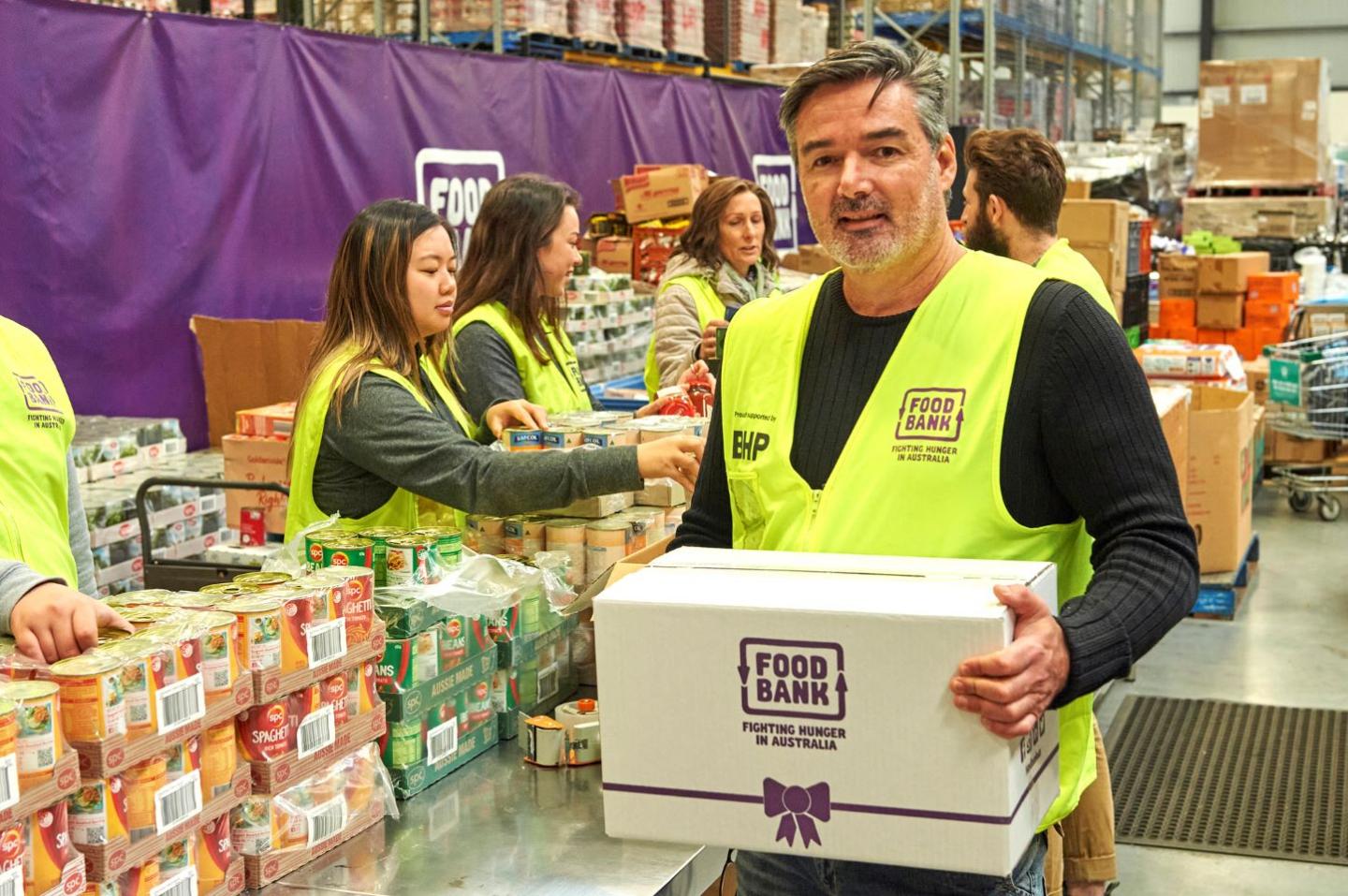In a state as prosperous as Western Australia, one in five households are facing days of no food and one in two households are worried about affording their full food needs.


The UN Sustainability Development Goals aim to end hunger by 2030, alongside its other 16 goals which include a call to action to end poverty, improve gender equality, quality education, clean water and sanitation, climate action, and sustainable cities and communities.
According to a 2022 United Nations report, global hunger numbers rose to as many as 828 million in 2021, an increase of about 46 million since 2020 and 150 million since the outbreak of the COVID-19 pandemic.
The State of Food Security and Nutrition in the World (SOFI) report indicates that the world is still far from achieving the goal of ending hunger, food insecurity and malnutrition by the target date.
Even in a state as prosperous as Western Australia, one in five households are facing days of no food and one in two households are worried about affording their full food needs, Foodbank's latest Hunger Report shows.
“In Australia we produce enough food to feed our population three times over. Yet food insecurity and hunger still exist, even in a state as rich as Western Australia,” Kate O'Hara, CEO of Foodbank WA, told Business News.
According to Ms O'Hara, who is at the helm of an organisation responsible for filling the bellies of millions of Western Australians each year - in 2022 Foodbank WA provided almost 7.8 million meals to Western Australians, a million more than the previous year - “hunger is a solvable problem".
"With every act of generosity, we inch closer to a world where every plate is full, every child thrives, and every community flourishes,” she said.
Hunger has no postcode, Ms O'Hara explained. “It's a challenge we face together. Together, through acts of generosity and compassion, we can create a WA where every table is full of hope,” she said.
Foodbank WA has been operating for 30 years. “In this time, we have been able to grow from a small warehouse in Belmont to now six branches across the state distributing 9.2 million meals a year,” Ms O’Hara explained.
She explained that the organisation has been able to thrive to support so many hungry Western Australians through the support of individual and corporate giving, through donations and the many ways of volunteering.
“Giving doesn't require a cape or superpowers. A food drive in your office, a bake sale in your street, even just spreading the word – these acts of everyday kindness are the fuel that keeps our engine running,” she said.
Find out how you can give to Foodbank WA, whether it is through workplace giving, a corporate partnership, volunteering, philanthropy, or by making a donation.













